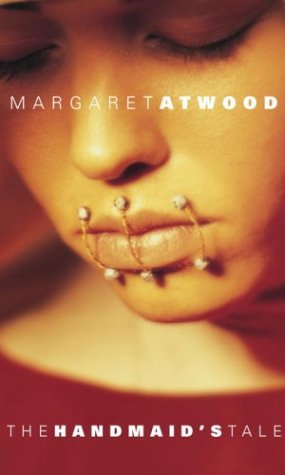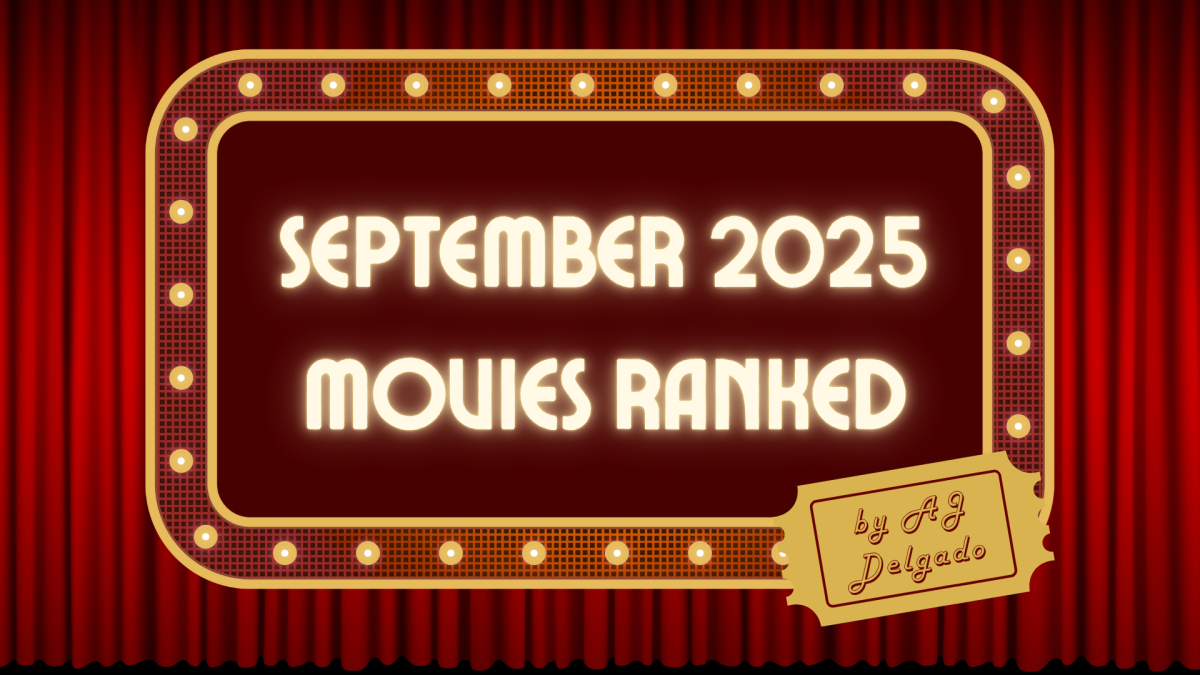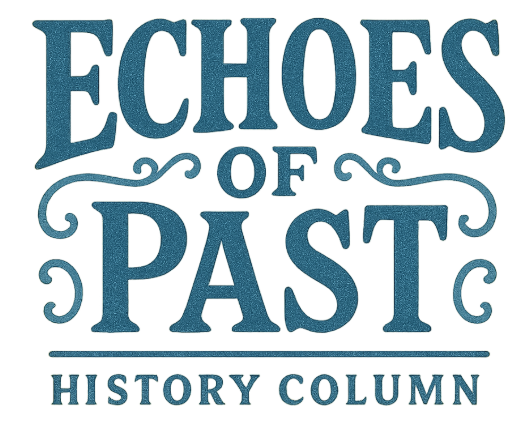Lit Alive Reviews “The Handmaid’s Tale”

May 29, 2015
In a cold and brutal first-person narrative, Margaret Atwood delivers The Handmaid’s Tale as a cautionary take on the values that pervade modern society. The novel is told from the point of view of a ‘Handmaid,’ a woman who is seemingly enslaved to a life where her only value is an ability to have children. This is the norm for the dystopian nation called ‘Gilead,’ built upon the foundations of a former America, but turned into a theocracy where religion is law.
The Handmaid’s Tale is an almost physical experience, drawing even the most casual reader deeply into their fictional surroundings. The protagonist, named Offred, struggles to cope in her new world, where women are divided into classes based on being either servants, wives, or those who bear children. The social structure, for Offred, is wildly unsettling, and the reader is treated to glimpses of Offred’s past, in a society resembling that of ours today. However, as Offred describes, under the guise of protecting America from terrorism, a religious revolution occurred and restored so-called “traditional” values for both men and women. This results in a totalitarian society, where even the smallest of rebellions are punished.
On every page, the reader is shocked by recognizable elements of his or her everyday, common life — horribly disfigured into something that is, perhaps, not so far out of the realm of possibility. For example, the world’s decreasing population is blamed upon pollution and increased nuclear technology, making the novel seem even more real. Offred, and those around her, struggle to find solace in small comforts and memories; to cope with their chilling new reality.
This, along with the author’s occasional, yet ever-present, bite of sarcasm and sardonic humor, makes The Handmaid’s Tale a great choice of literature for readers of all interests. Its political implications, as well as social commentary, make it not only an intelligent choice but also an entertaining and riveting story. The LitAlive book club, facilitated by FTHS teacher Mrs. Lanza, featured this novel in its May meeting. The club discussed and analyzed the novel’s plot, as well as relevant themes including feminism, censorship, and freedom. Each member was given a chance to share their general feelings of the book, and drive the discussion in whatever direction intrigued them. Next month, LitAlive will have its last meeting on June 16th to discuss Maus, and new members are welcome to attend.


















































Mrs. Lanza • May 31, 2015 at 1:00 pm
Nicely written and reviewed, Anna!